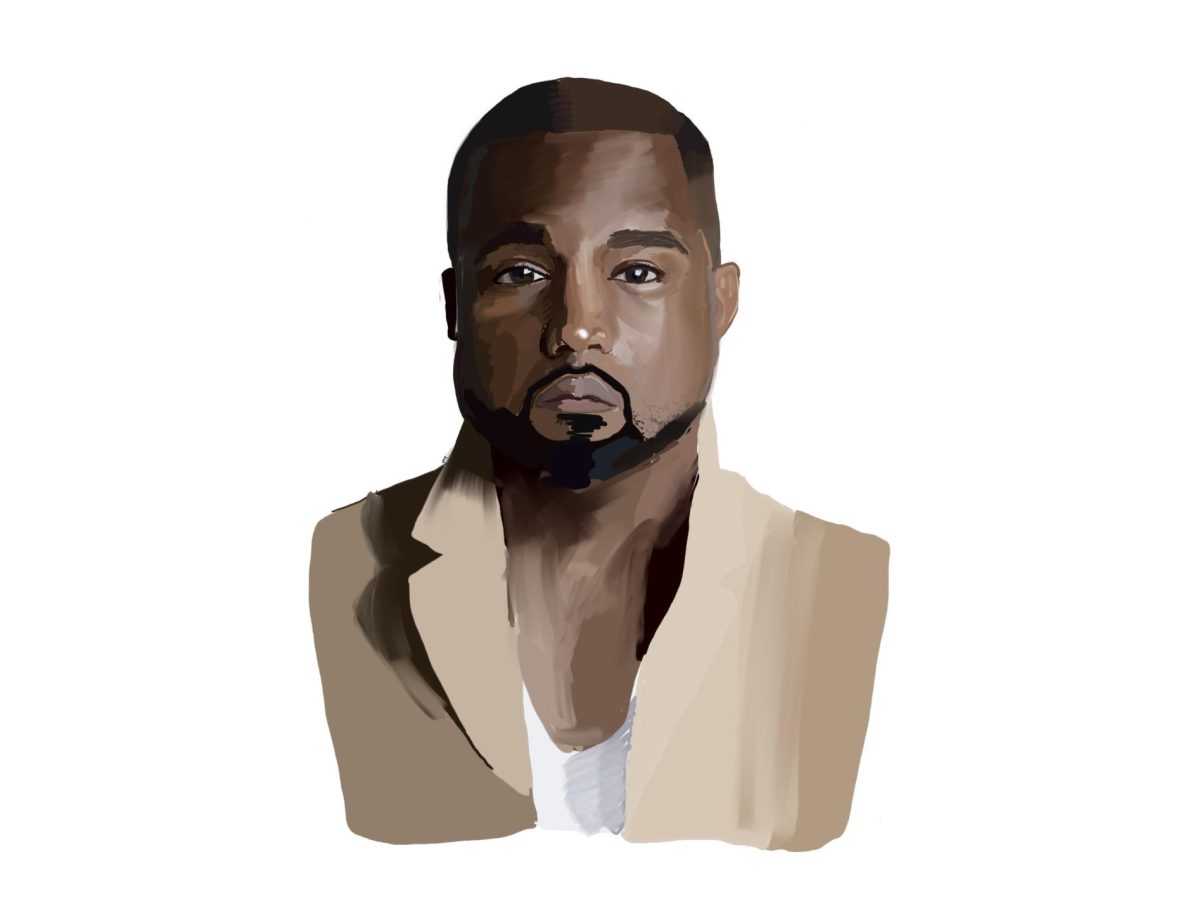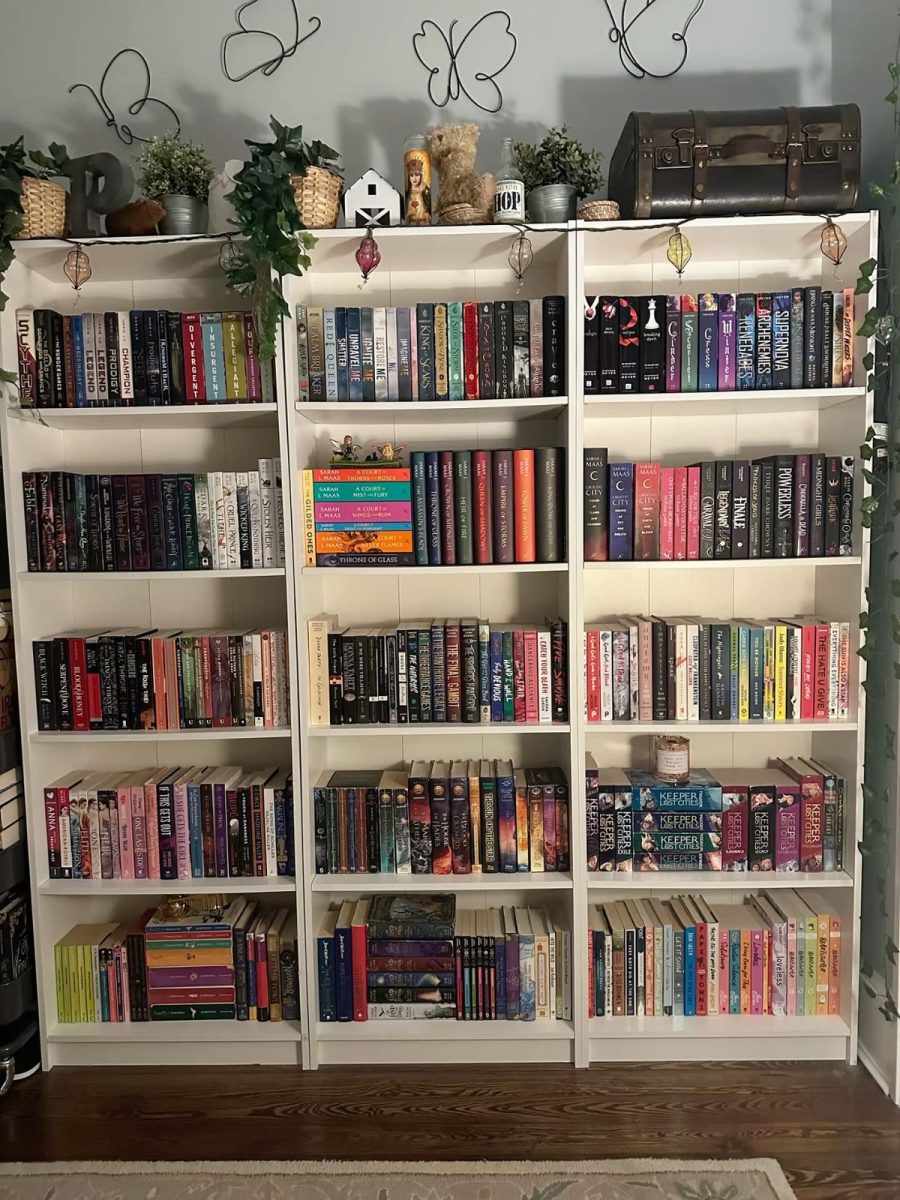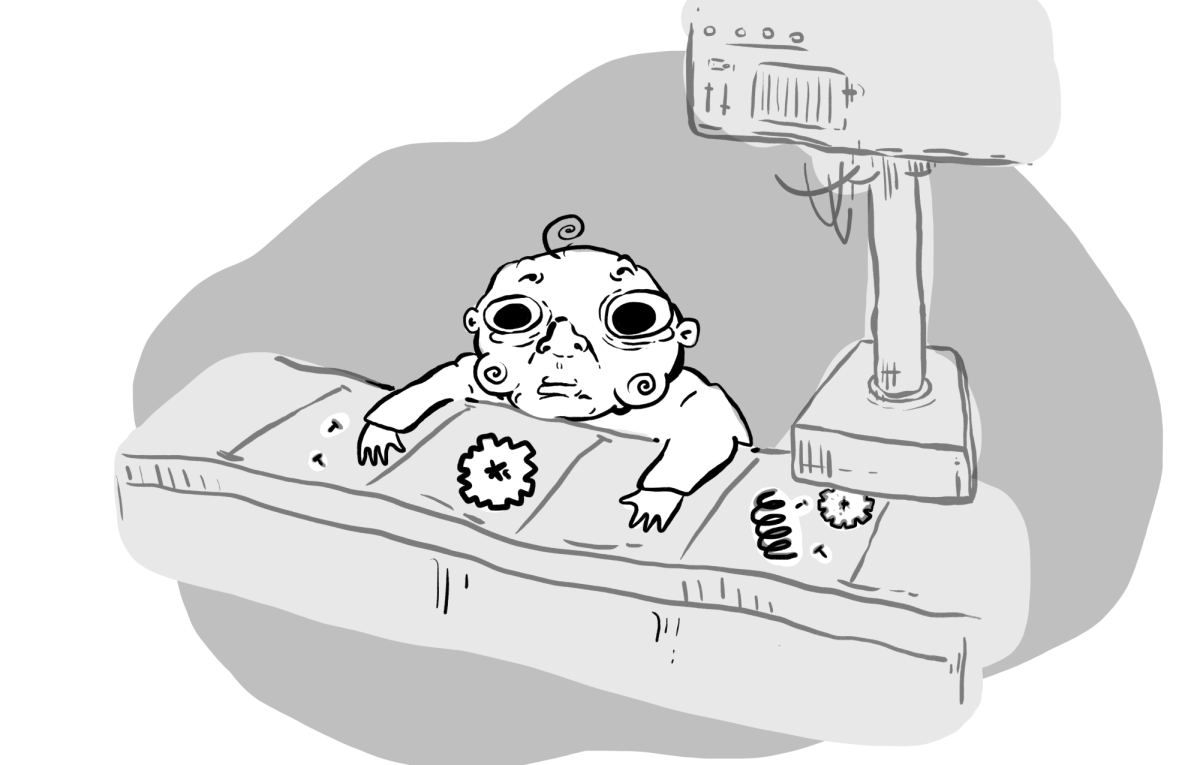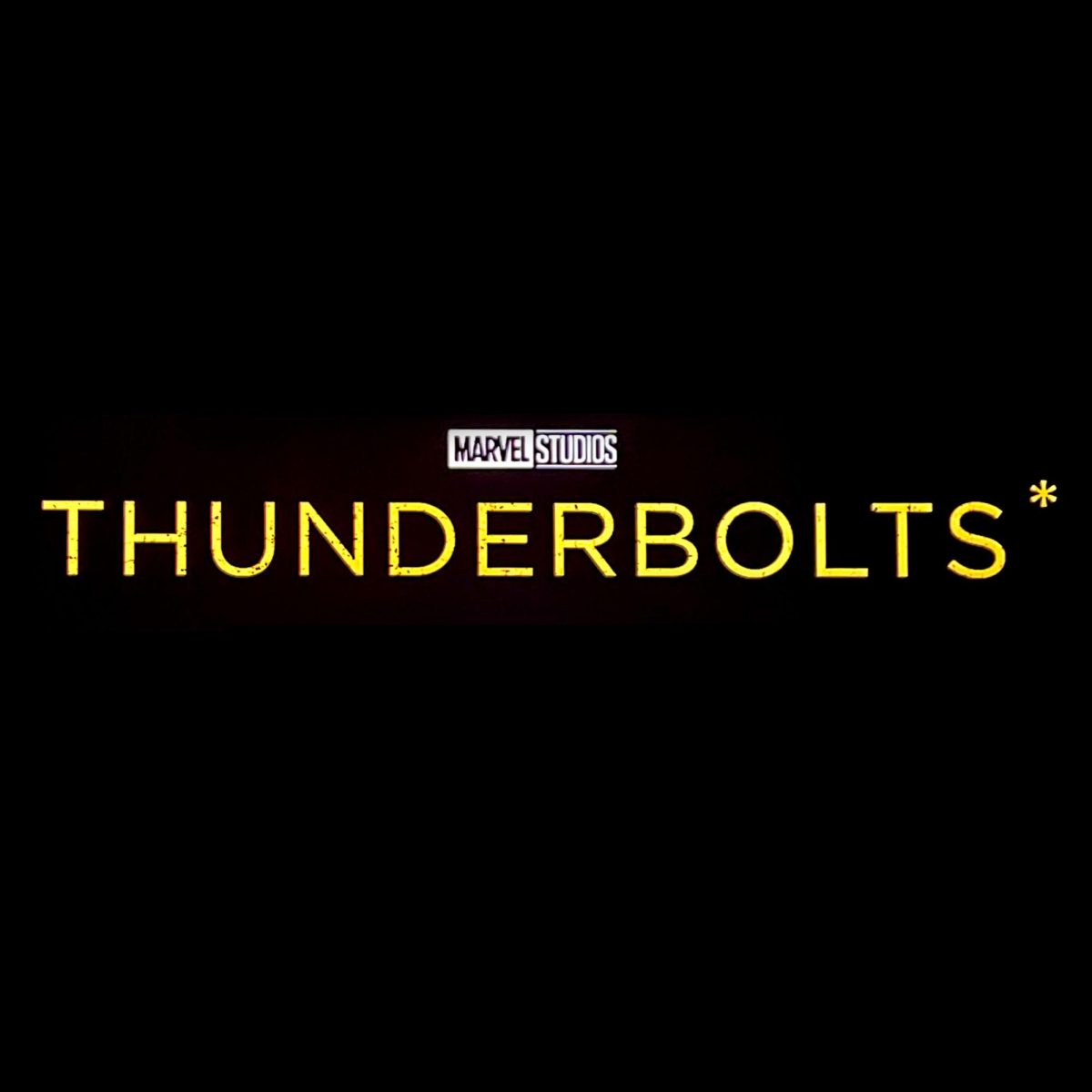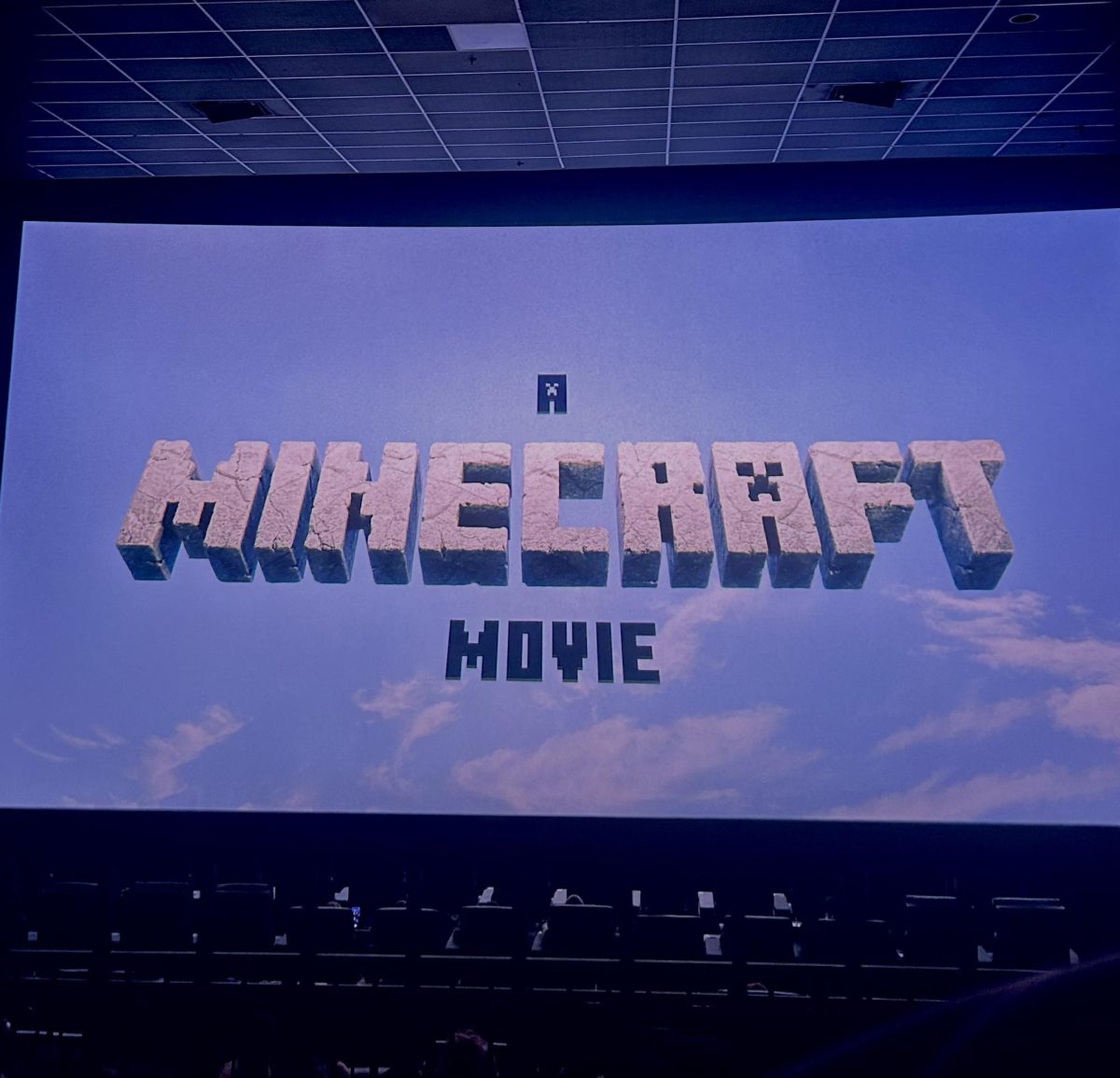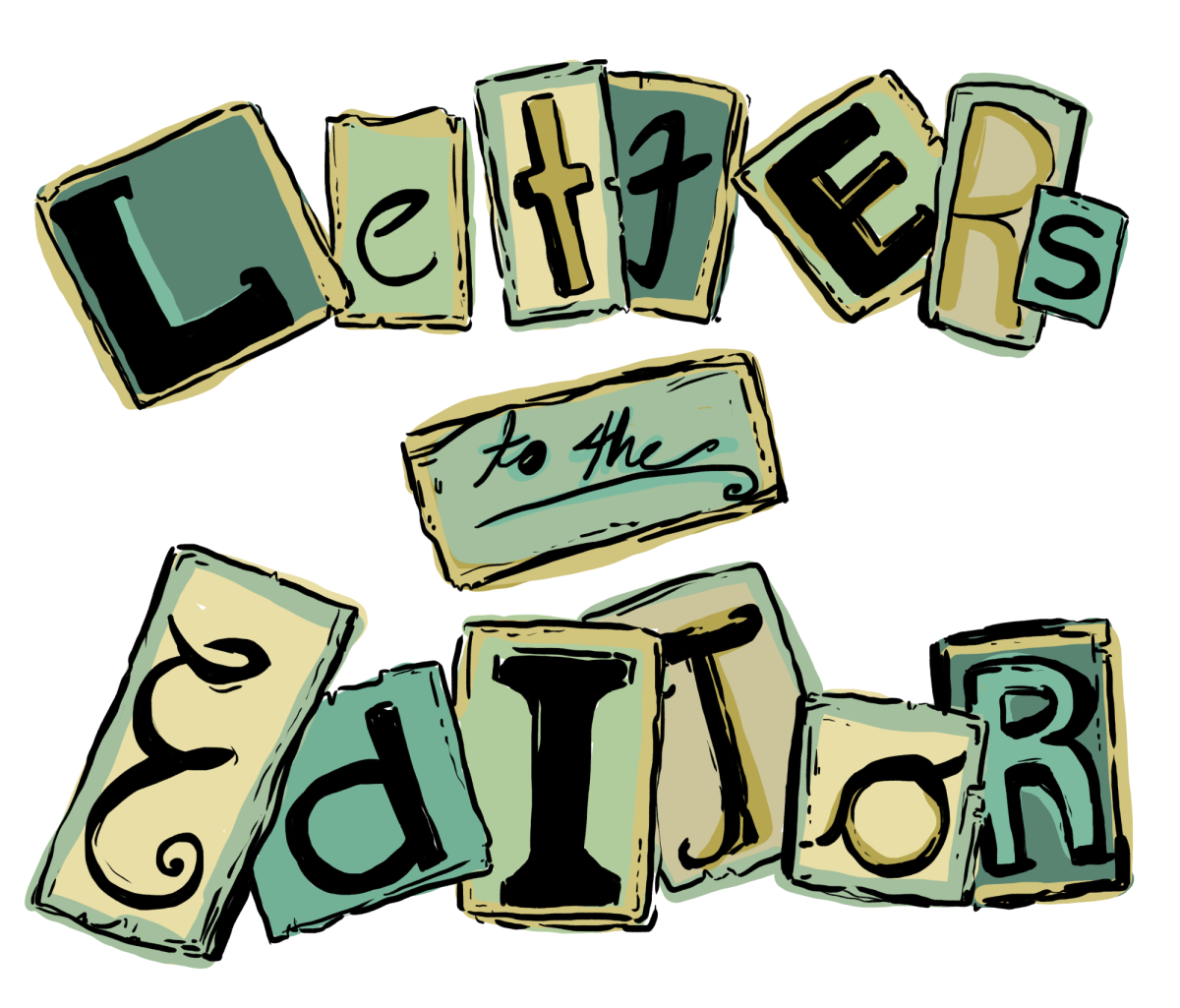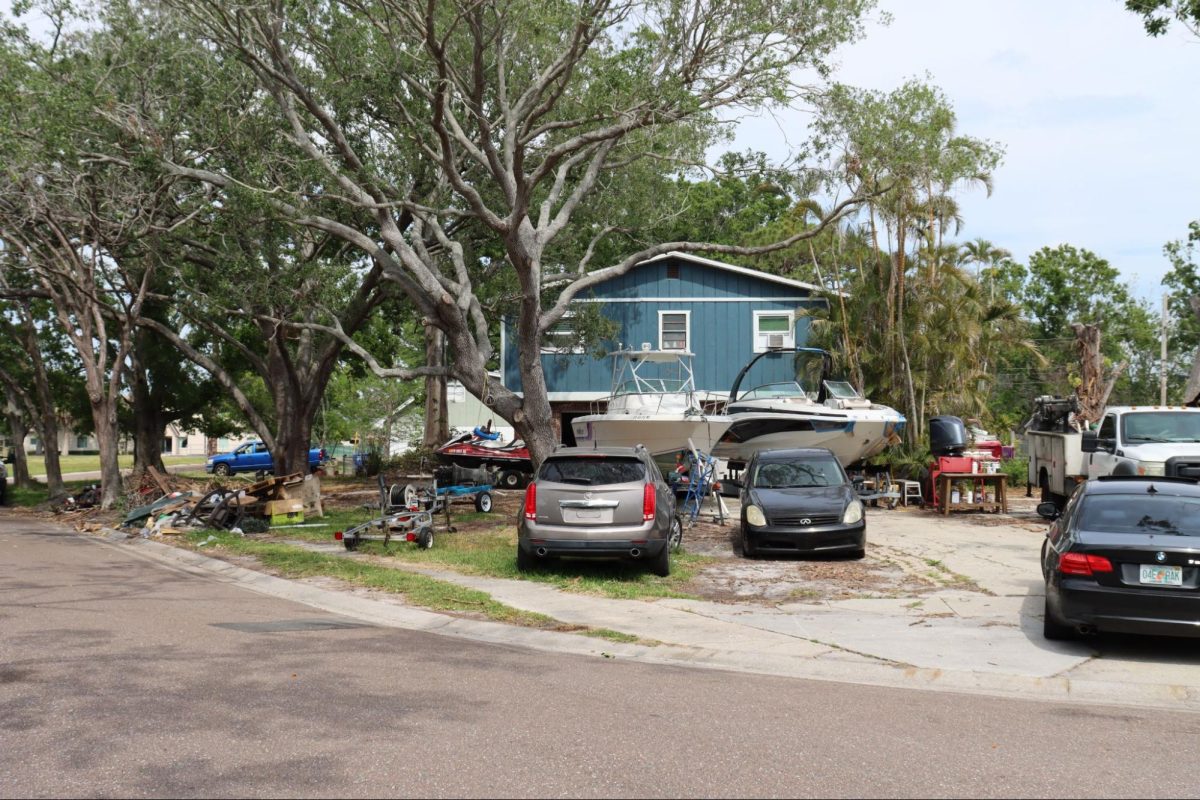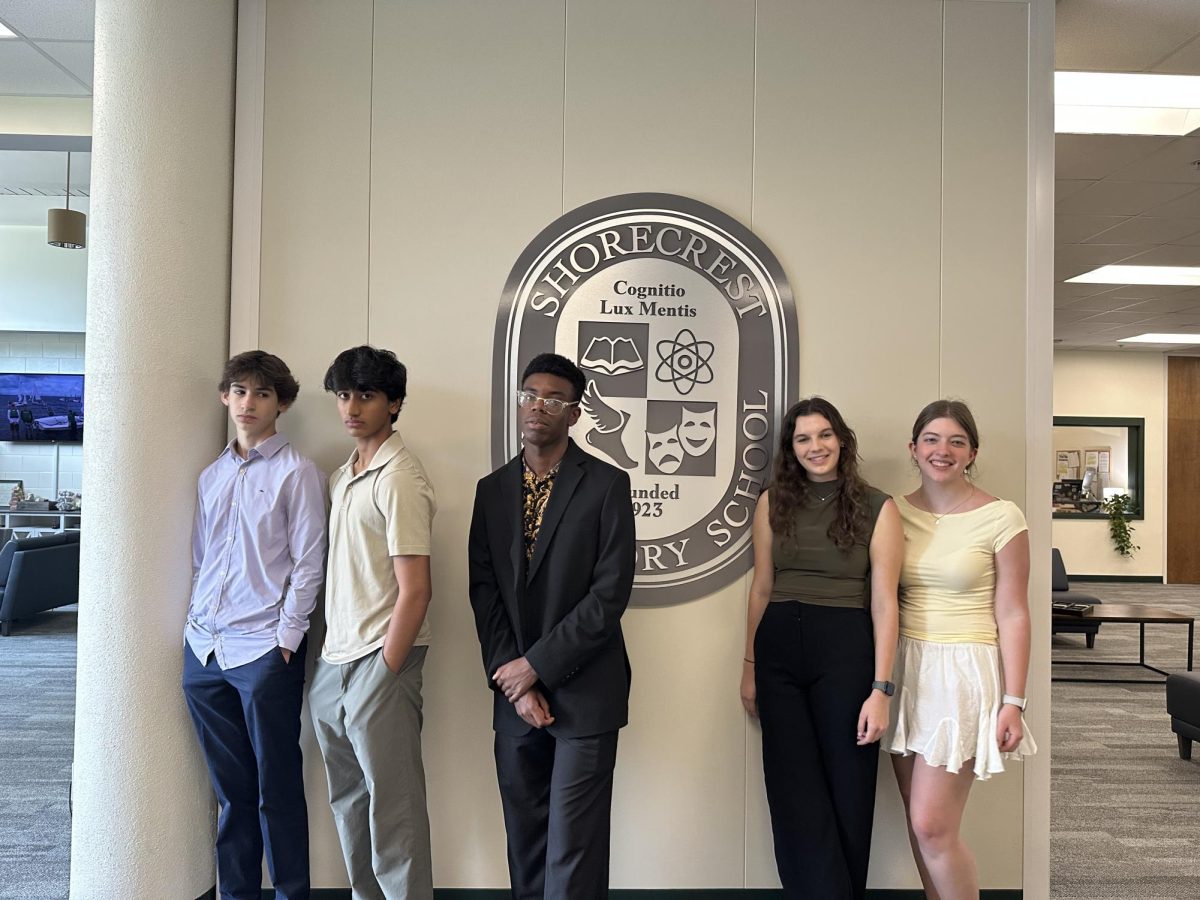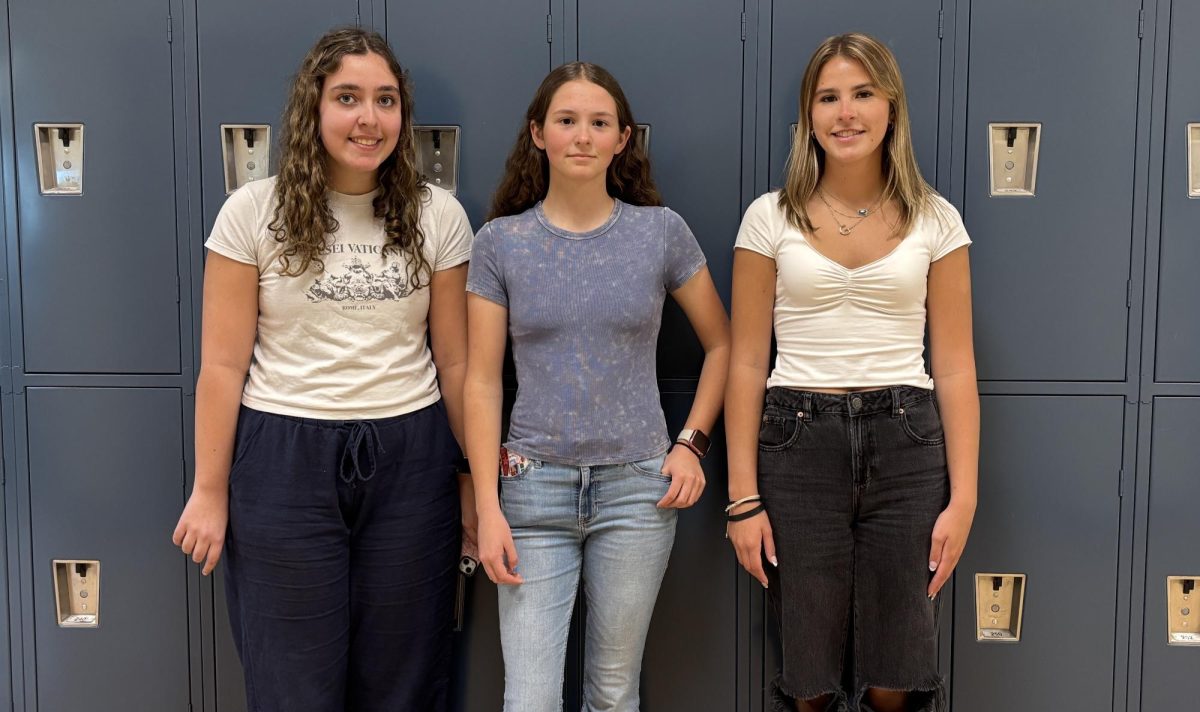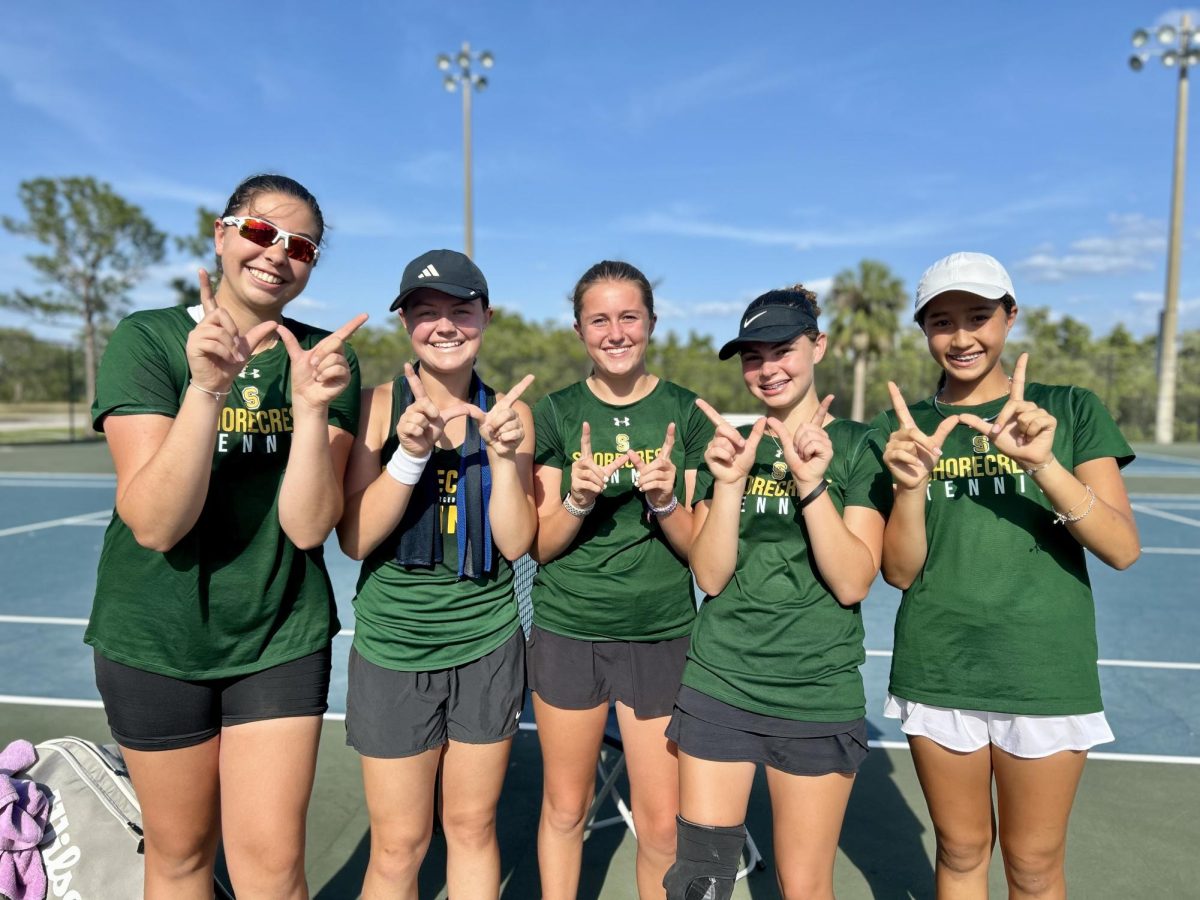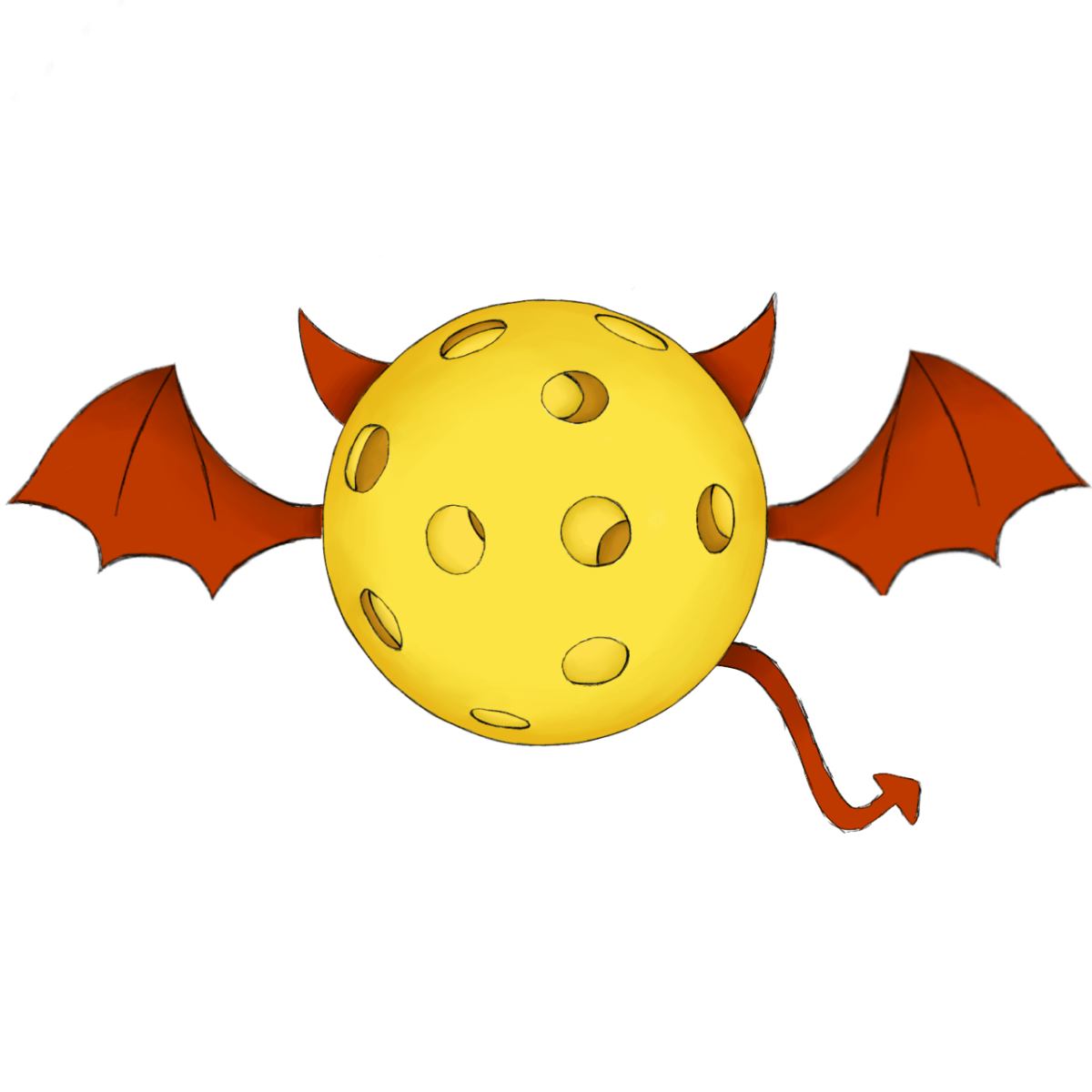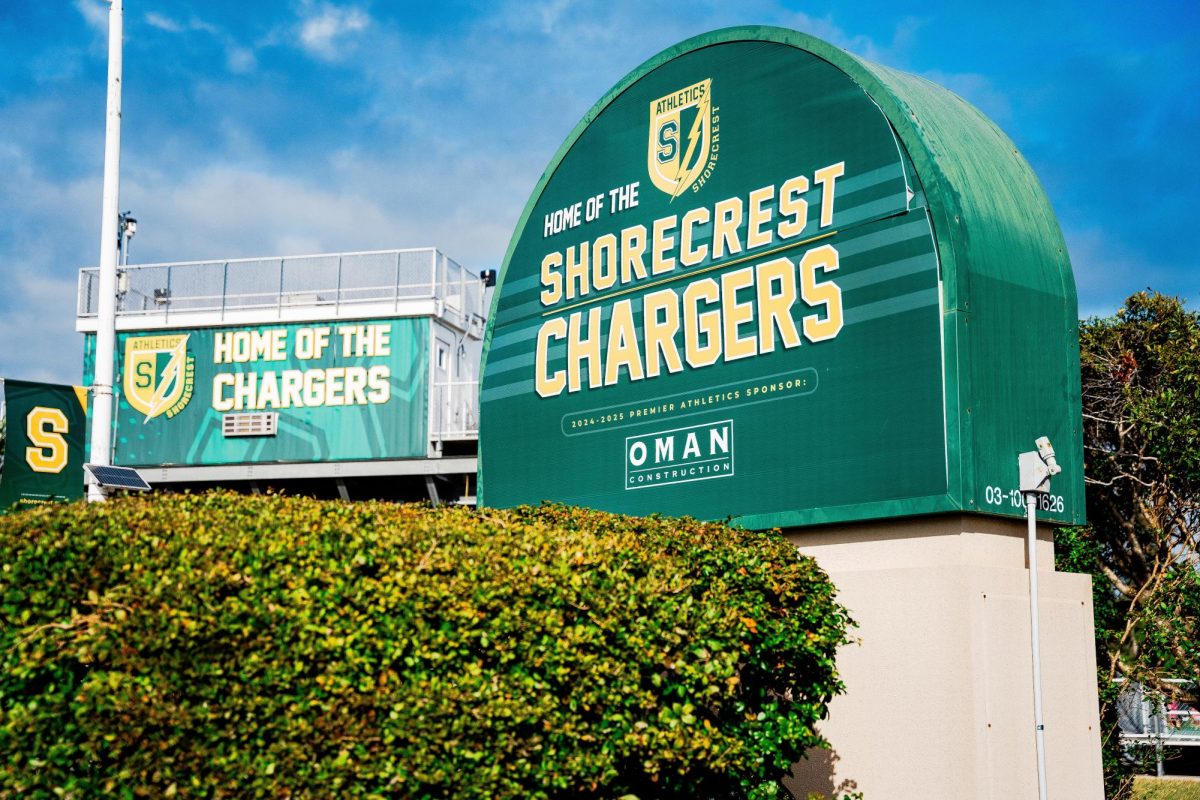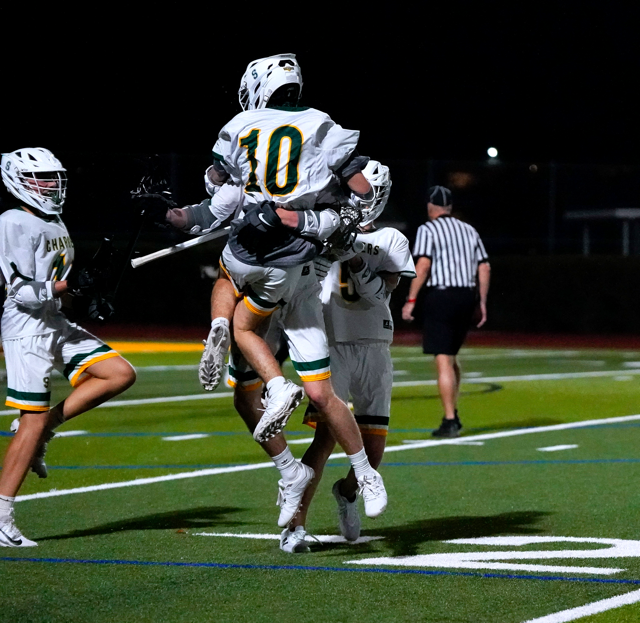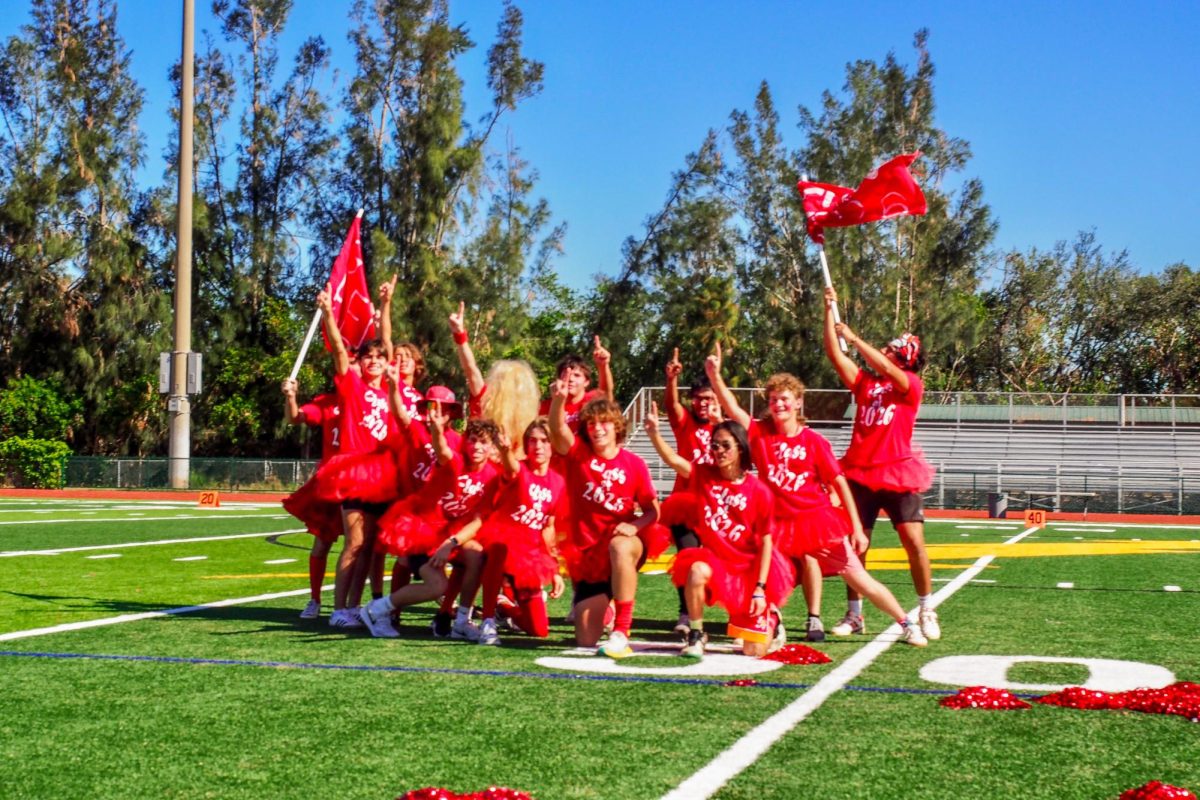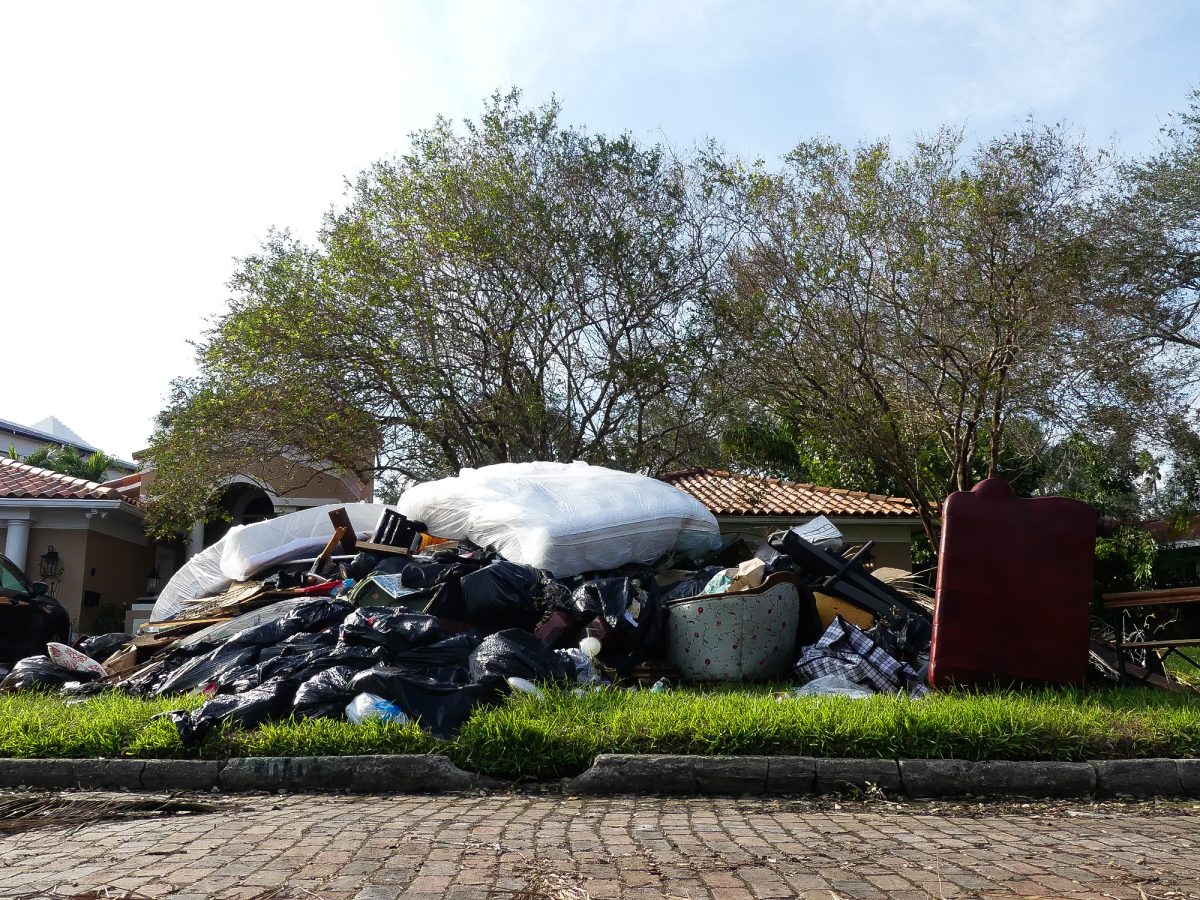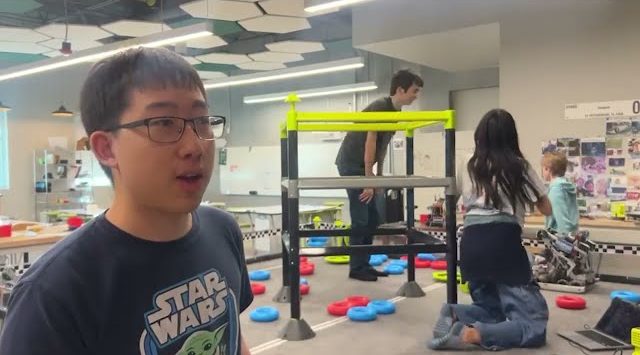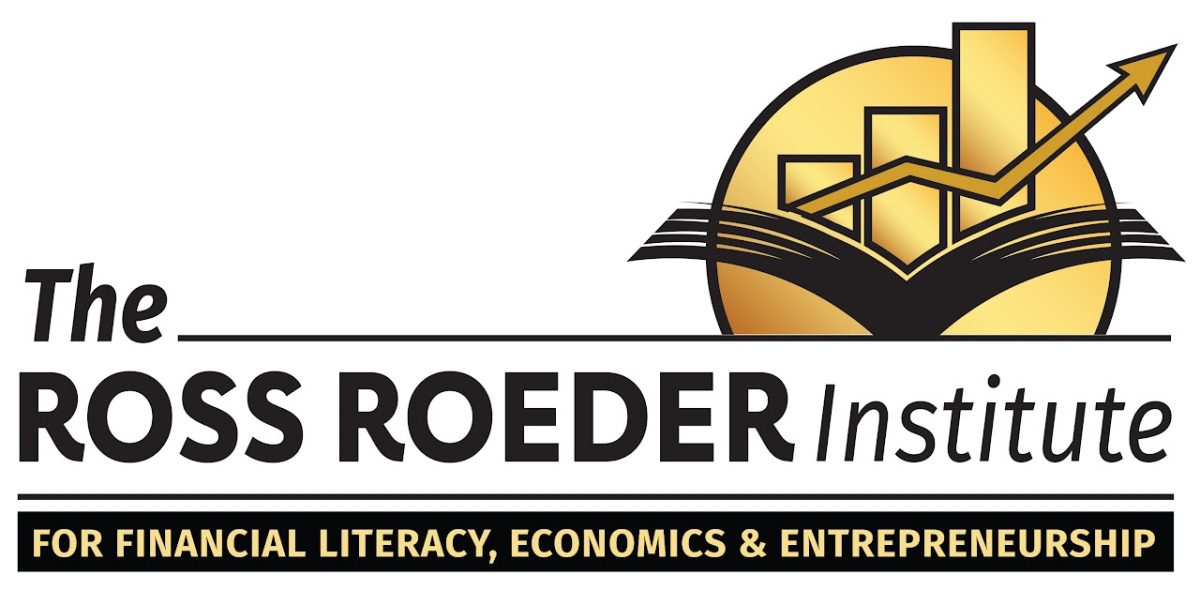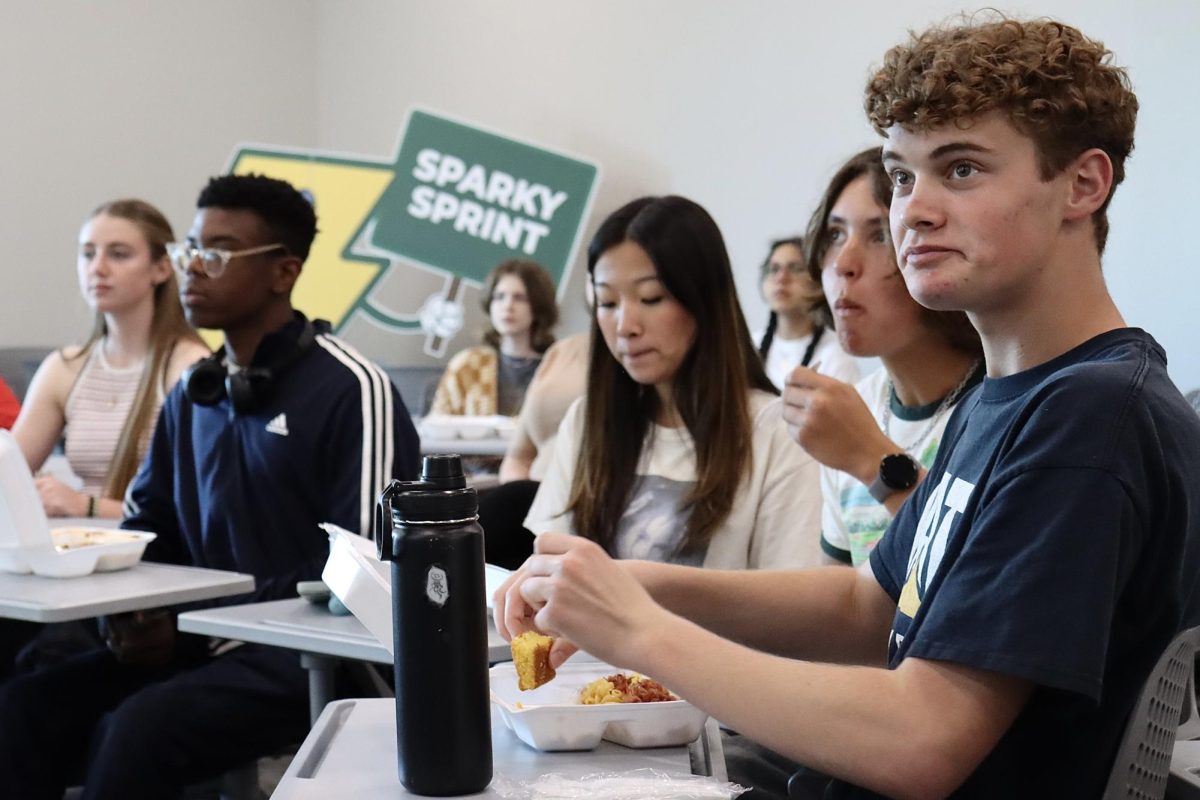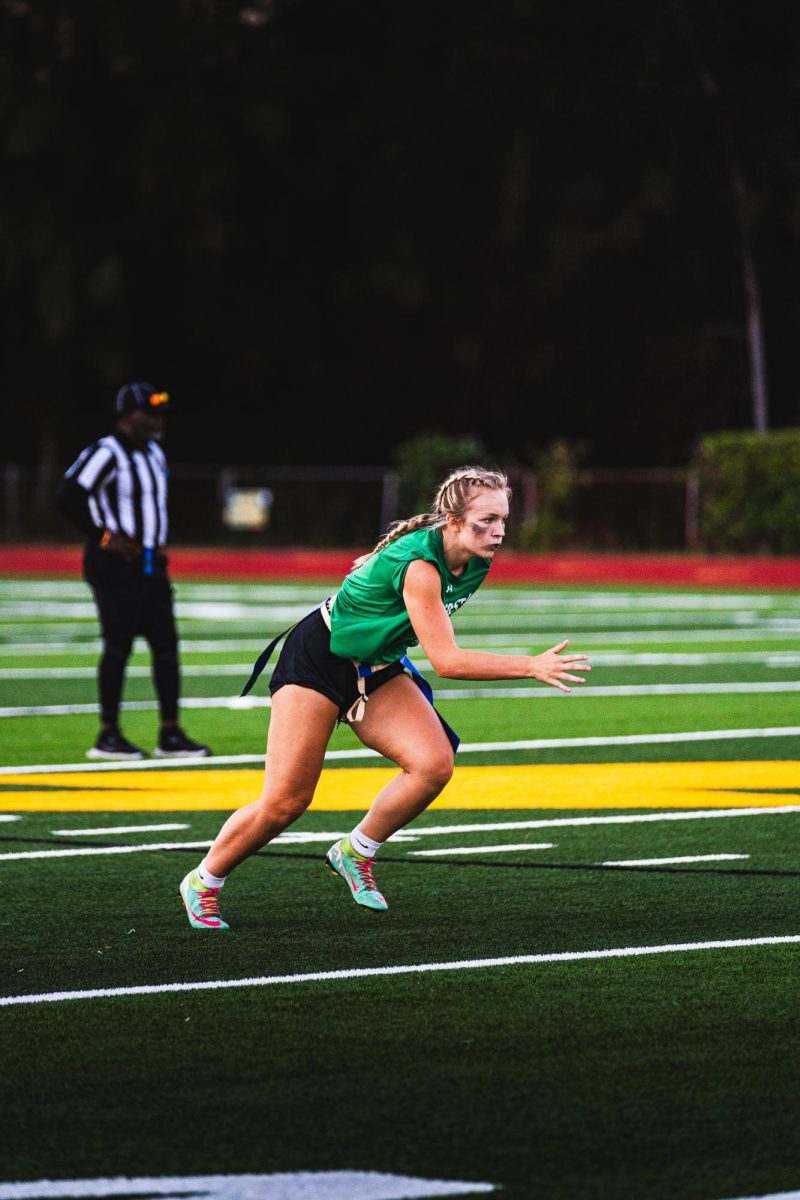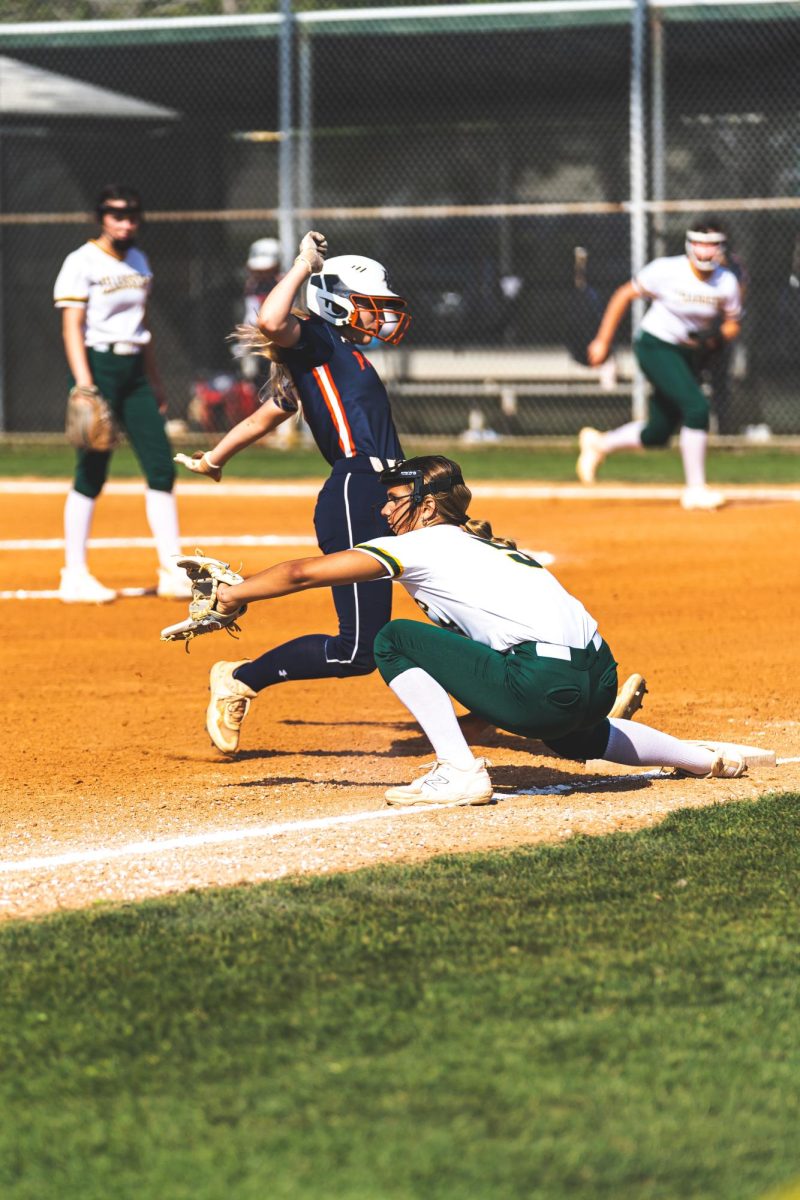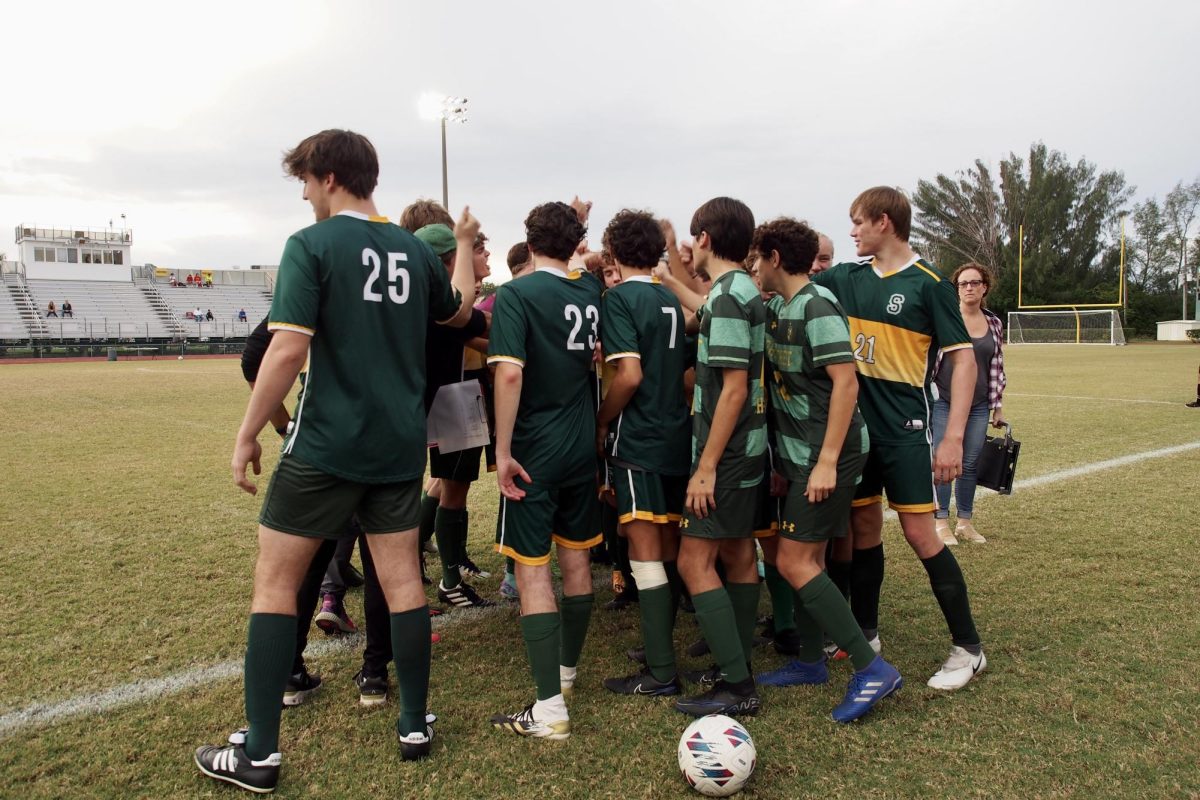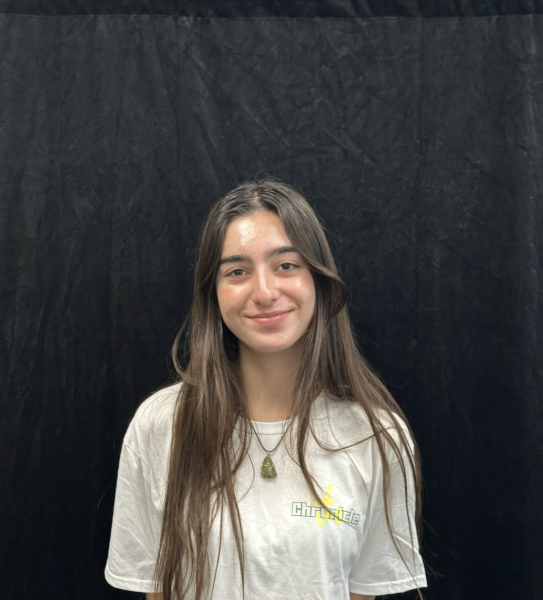The first ever curbside recycling bin, “The Tree Saver,” was popularized by hippies in the 1970s. Now, recycling bins are commonly placed outside homes and facilities in order to reuse glass, paper, plastic, and metal.
Shorecrest, however, only recycles paper and related paper products such as cardboard and paperboard. One theory is that Conex, Shorecrest’s recycling company, does not have the capacity to process mixed recycling.
Eighth grade science teacher Kathryn Jeakle debunked this myth. Jeakle said, “We found out that our recycling was going to the trash…because it was contaminated with either plastic bags or contaminated lunch trays…and they did that without even telling us.”
Only clean materials can be recycled, and Shorecrest students have historically been unable to separate materials. Two years ago, a group of ambitious eighth-grade students sorted through Shorecrest recycling bins and extracted trash items. They documented the quality of the recycling bins they filtered through on a Google Document.
The eighth graders found substantial levels of contamination that clearly explained why Conex was unable to properly recycle Shorecrest bins.
Jeakle said, “The worst is high school. Significantly.” Upper School students are notorious for contaminating their bins with plastic bags, takeout containers, contaminated bottles, and other non-recyclable plastic goods.
Senior and president of the Environmental Club Lily Dunn said, “In the past three years, every time that I have done recycling, I have had to pull out garbage, food, and other materials that do not belong in the recycling. This is most likely due to a combination of negligence, like simply missing the trash can, throwing waste in the recycling [bin] and misinformation about what can be recycled.”
The Sustainability Committee at Shorecrest decided to limit recycling intake to paper, the one commonly recycled item among upper schoolers.
Jeakle said, “We have shown that we can recycle paper. We cannot recycle plastic at school because it doesn’t get cleaned. People think that the ‘mixed’ means ‘I can dump my whole Chick-Fil-A container in there’…That’s why we decided to go paper only…and we know it’s working better.”
So, what exactly can be recycled at school? Jeakle said, “If it’s paper, cardboard, and paperboard, it has to be clean and no smaller than your fist. Nothing sticky on it, nothing glossy. That’s super easy.” In the future, Jeakle hopes to expand the list to things like aluminum cans, but said it depends on the outcome of the paper-only recycling.
Dunn said that, “[i]t is important for students to recycle correctly, to not only help out the members of the Environmental Club who collect and sort through the recycling, but to help the recycling companies do their jobs as efficiently as possible.”


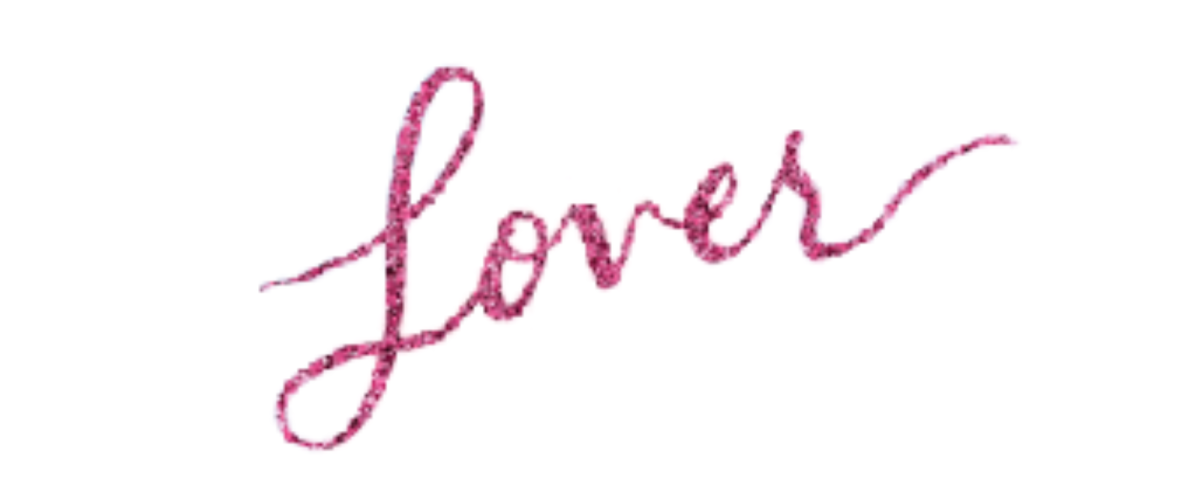

![Thespians pose on a staircase at the District IV Thespian Festival. [Front to back] Luca Baker, Maddison Cirino, Tanyiah Ellison, Alex Lewis, Summer Farkas, Jill Marcus, Ella Mathews, Sanjay Sinha, Isabella Jank, Sofia Lee, Boston Littlepage-Santana, Sally Keane, Tyler Biggar, Tanner Johnson, Jasper Hallock-Wishner, Remy de Paris, Alex Jank, Kaelie Dieter, and Daniel Cooper. Photo by Michael McCarthy.](https://spschronicle.org/wp-content/uploads/2024/12/image1-900x1200.jpg)

